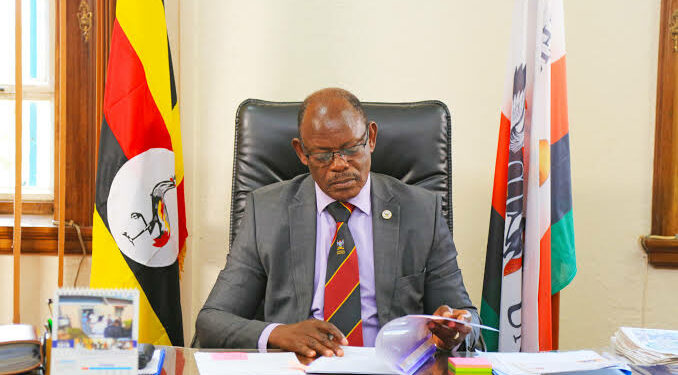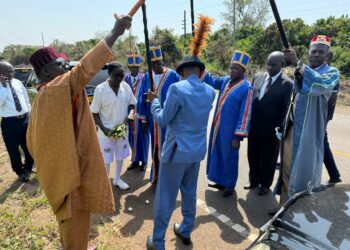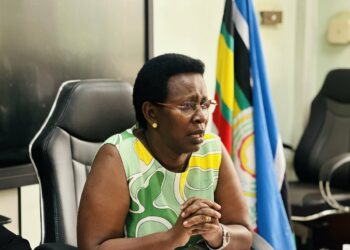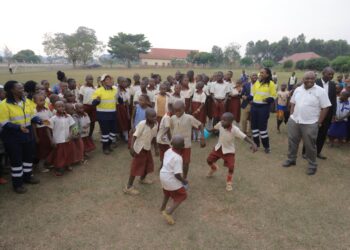Makerere University Vice Chancellor, Prof. Barnabas Nawangwe, has found himself at the centre of a firestorm after he was compelled to publicly share his academic credentials in response to mounting criticism on social media.
The move, intended to silence critics, has instead ignited a fresh wave of debate regarding his academic background and the criteria for leadership at one of Uganda’s most prestigious universities.
The controversy began when sceptics questioned the authenticity and quality of Prof. Nawangwe’s academic qualifications, which they believed might not align with the expectations for someone in such a high-ranking position.
In a bid to quell the growing scepticism, the Vice Chancellor released his academic records, including his East African Certificate of Education (EACE) from 1973 and the East African Advanced Certificate of Education (EAACE) from 1975.
While the documents revealed that Prof. Nawangwe completed his studies, they also exposed his modest academic performance in key subjects. His grades in Mathematics and Physics both essential for his subsequent studies in civil engineering were far from stellar, with a grade of C in both subjects. Critics quickly seized upon these results, questioning whether they were sufficient for someone holding such an esteemed position in academia.
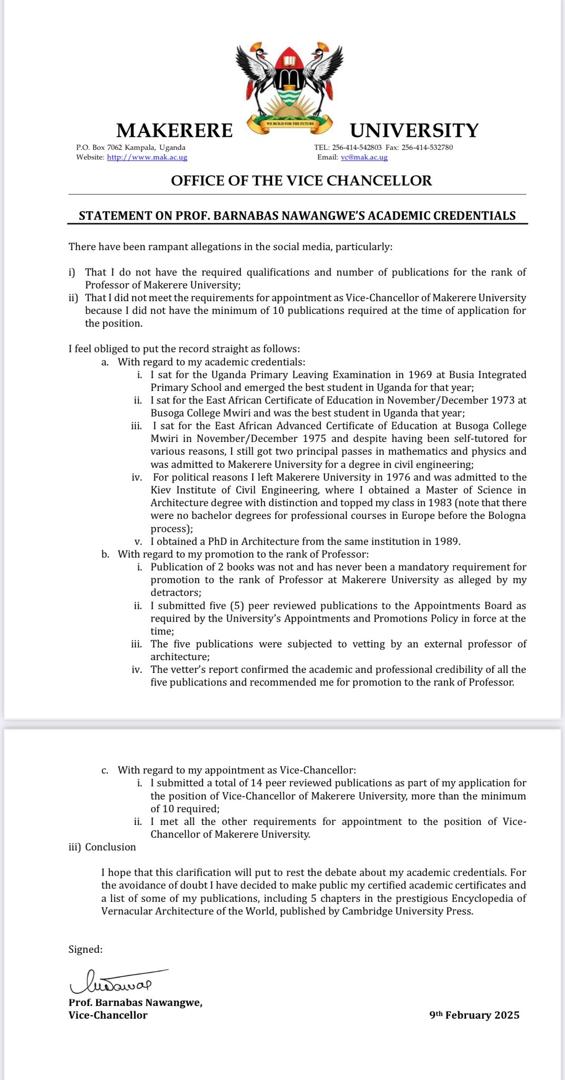
The grades, combined with the additional subsidiary passes in Chemistry and General Paper, led many to speculate whether his academic credentials truly reflected the calibre required for the Vice Chancellor’s role. Prof. Nawangwe’s overall score of 5, which earned him the UACE certificate, has been called into question by a portion of the public who argue that the result falls short of demonstrating excellence.
In response, Prof. Nawangwe defended his academic journey, stating that while his early grades may not have been exceptional, they did not impede his later success. He pointed to his achievements, including a Master’s degree in Architecture with distinction from the Kiev Institute of Civil Engineering and a subsequent PhD in Architecture, as evidence of his qualifications for the role.
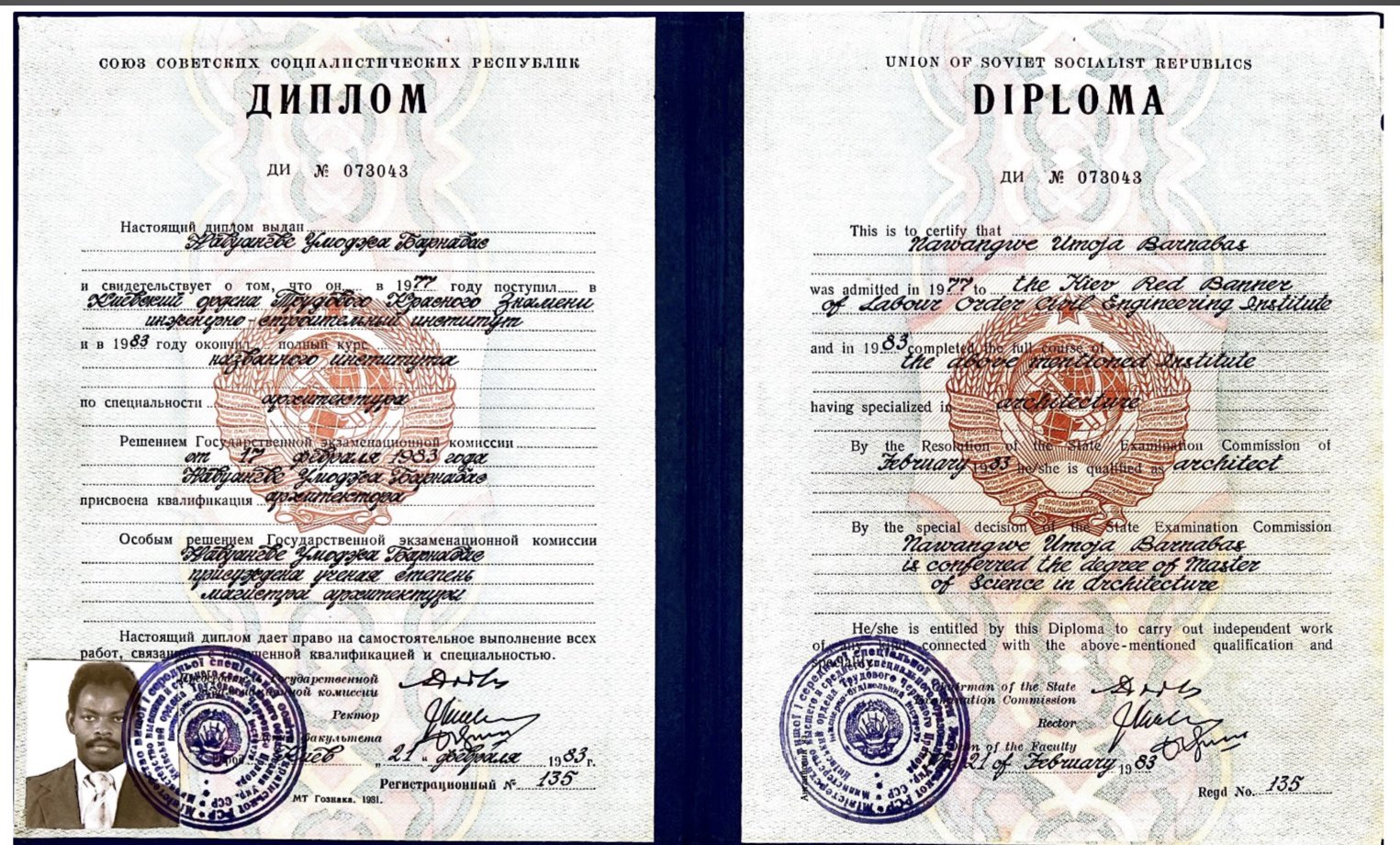
The Vice-Chancellor also addressed claims that his research output was insufficient for his promotion, clarifying that he had submitted the necessary number of peer-reviewed research papers, all of which had been thoroughly vetted and approved.
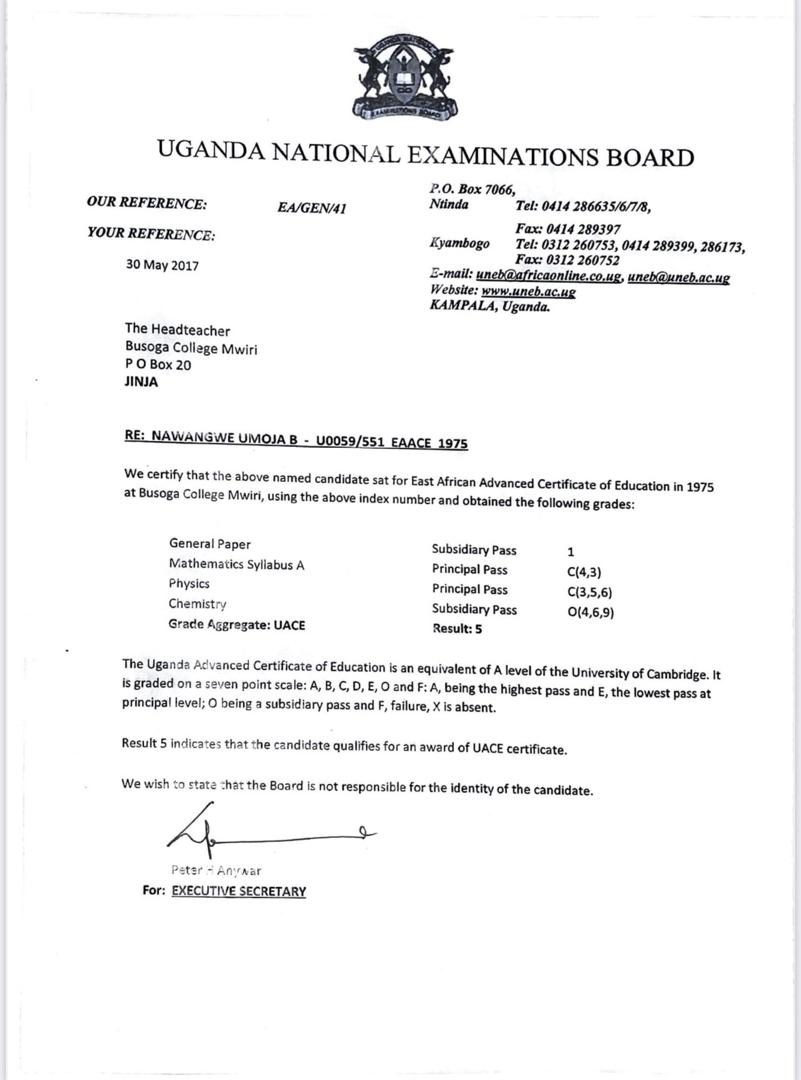
Despite his attempts to explain away the criticisms, the debate on social media rages on. Supporters argue that grades should not be the sole measure of a person’s capabilities, highlighting that academic excellence can manifest in many forms. However, detractors remain unconvinced, calling for a deeper look at the standards for leadership in Uganda’s higher education sector.
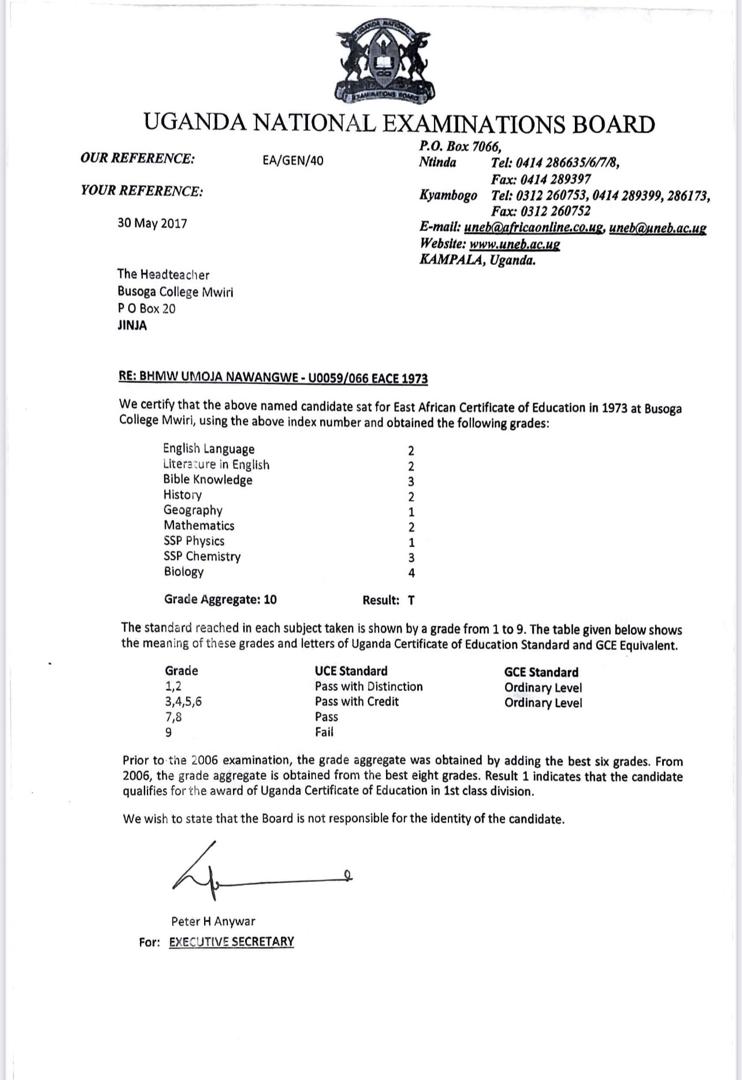
As the controversy continues to unfold, questions about meritocracy, the role of qualifications in leadership, and the standards required for top positions in Ugandan universities remain unresolved. Prof. Nawangwe may have shared his credentials, but the scrutiny surrounding them is far from over.
Do you have a story in your community or an opinion to share with us: Email us at editorial@watchdoguganda.com


